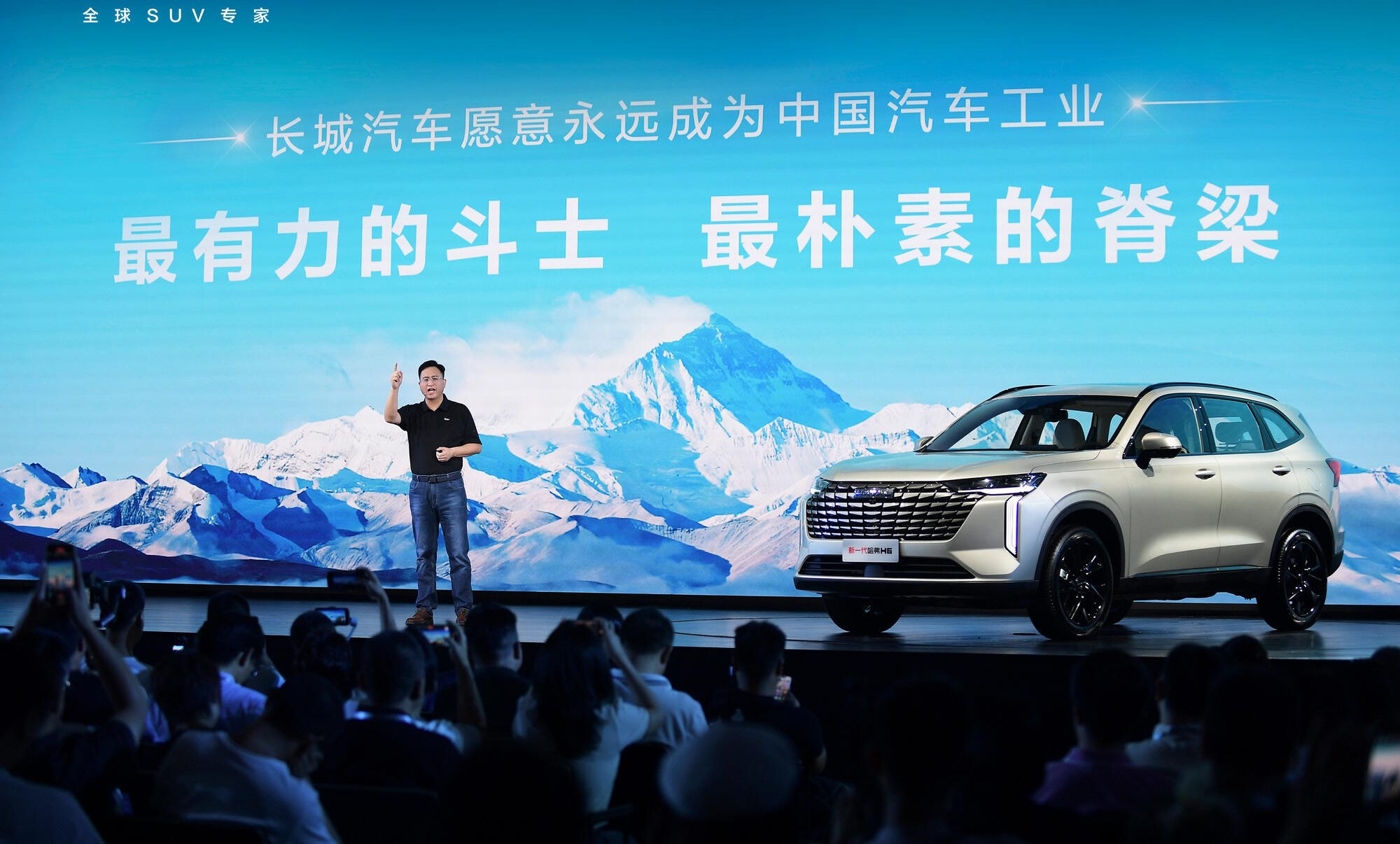China’s Great Wall Motor is poised for its big entry into Southeast Asia, as the automaker said on Monday it would begin manufacturing its cars in Malaysia and Indonesia as early as July, in addition to its planned entry into Vietnam, local media reported.
Why it matters: The news comes as Malaysia surpassed Thailand to become the second biggest car market in the region after Indonesia in the first three months of this year, according to sales figures released by industry groups and compiled by Nikkei. This makes it another attractive market for Chinese car manufacturers given its growing economy and large population.
- Total vehicle sales increased 5% year-on-year to 202,245 units in Malaysia from January to March, in part driven by the government’s economic stimulus package, figures from the Malaysian Automotive Association show. Meanwhile, Thailand’s car sales, including internal combustion engine cars and EVs, fell 24.6% to 163,756 units from a year earlier, partly because of tightening rules around car loans, said the Federation of Thai Industries.
Details: Great Wall Motor will start operating a pure assembly plant with Malaysia’s EP Manufacturing in Malacca in July at the earliest, Cheng Jinkui, president of the company’s ASEAN operations, told the Business Times.
- The two companies said in January they would commence assembly of two of Great Wall Motor’s popular Haval models – the Haval H6, a five-seater sports utility vehicle, and the Haval Jolion, a compact crossover. The cars will be made from “completely-knocked-down (CKD)” kits comprising major parts with the goal of producing 20,000 units a year by 2028.
- Another CKD facility in Indonesia is also set to come into production in July or August, while the Chinese automaker is aiming for local assembly in Vietnam in 2025, according to Cheng. Great Wall Motor said last June that it was exporting the Haval H6 hybrid EVs to Vietnam from Thailand, where it operates a car plant it acquired from General Motors in September 2020.
Context: Chinese automakers are ramping up their investments in emerging EV markets overseas, especially in regions such as Southeast Asia, the Middle East, and Latin America, at a time when competition remains intense at home and the US and Europe are imposing punitive tariffs on China-made EV imports.
- Geely and Malaysian automaker DRB Hicom last year reached a $10 billion deal that will transform the country’s Tanjung Malim area into an “automotive high-tech valley” with an annual production capacity of 500,000 vehicles by 2035, China Daily reported. Sales of Geely-backed local automaker Proton more than doubled to roughly 154,000 units last year, while Smart, a brand co-owned by Geely and Mercedes Benz, began exporting cars to Malaysia last year.
- Indonesia said four Chinese automakers, namely Chery, Neta, General Motors’ China joint venture Wuling, and Dongfeng’s Sokon, have agreed to expand their global manufacturing footprints to the country. The deals were announced when Indonesian Industry Minister Agus Gumiwang Kartasasmita visited Beijing earlier this month, Caixin Global reported. Neta, also known as Hozon Auto, shipped 16,458 EVs overseas from January to May, more than a third of its total deliveries.
- China recorded exports of roughly 519,000 new energy vehicles, mainly all-electrics and plug-in hybrids, for the first five months of this year, representing a 13.7% growth from last year, according to figures from the China Association of Automobile Manufacturers (CAAM). BYD and Tesla were the largest exporters, with shipments of more than 130,000 units. Great Wall Motor exported 9,646 units but said last month it would shut down its European headquarters in Munich, Germany.
Jill Shen is Shanghai-based technology reporter. She covers Chinese mobility, autonomous vehicles, and electric cars. Connect with her via e-mail: jill.shen@technode.com or Twitter: @jill_shen_sh More by Jill Shen


